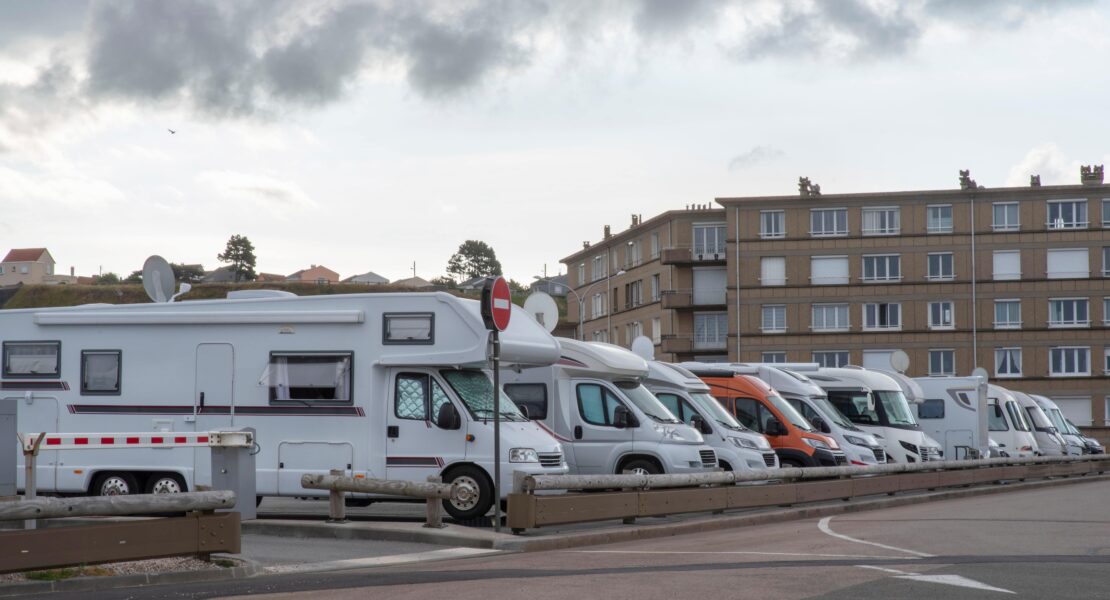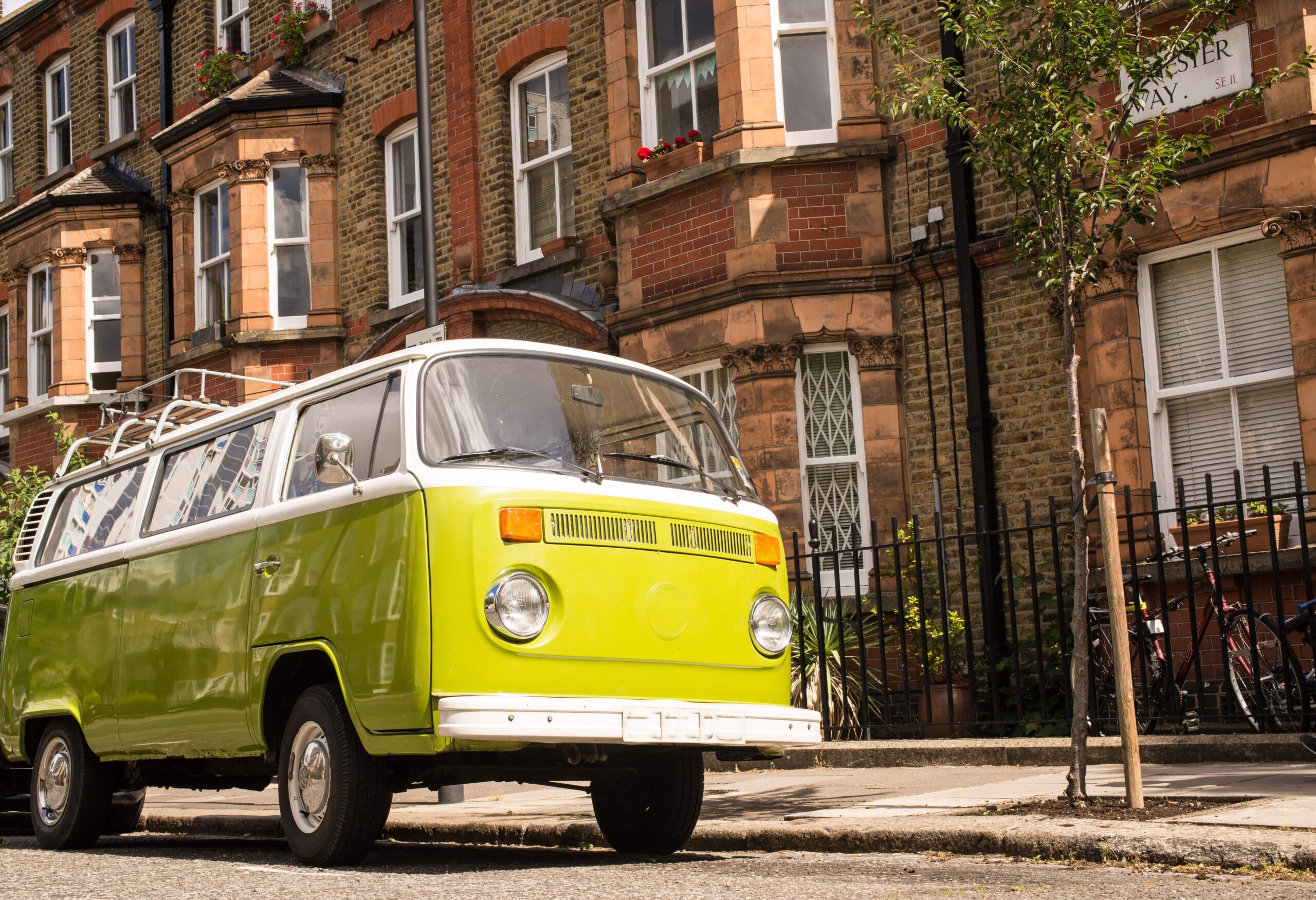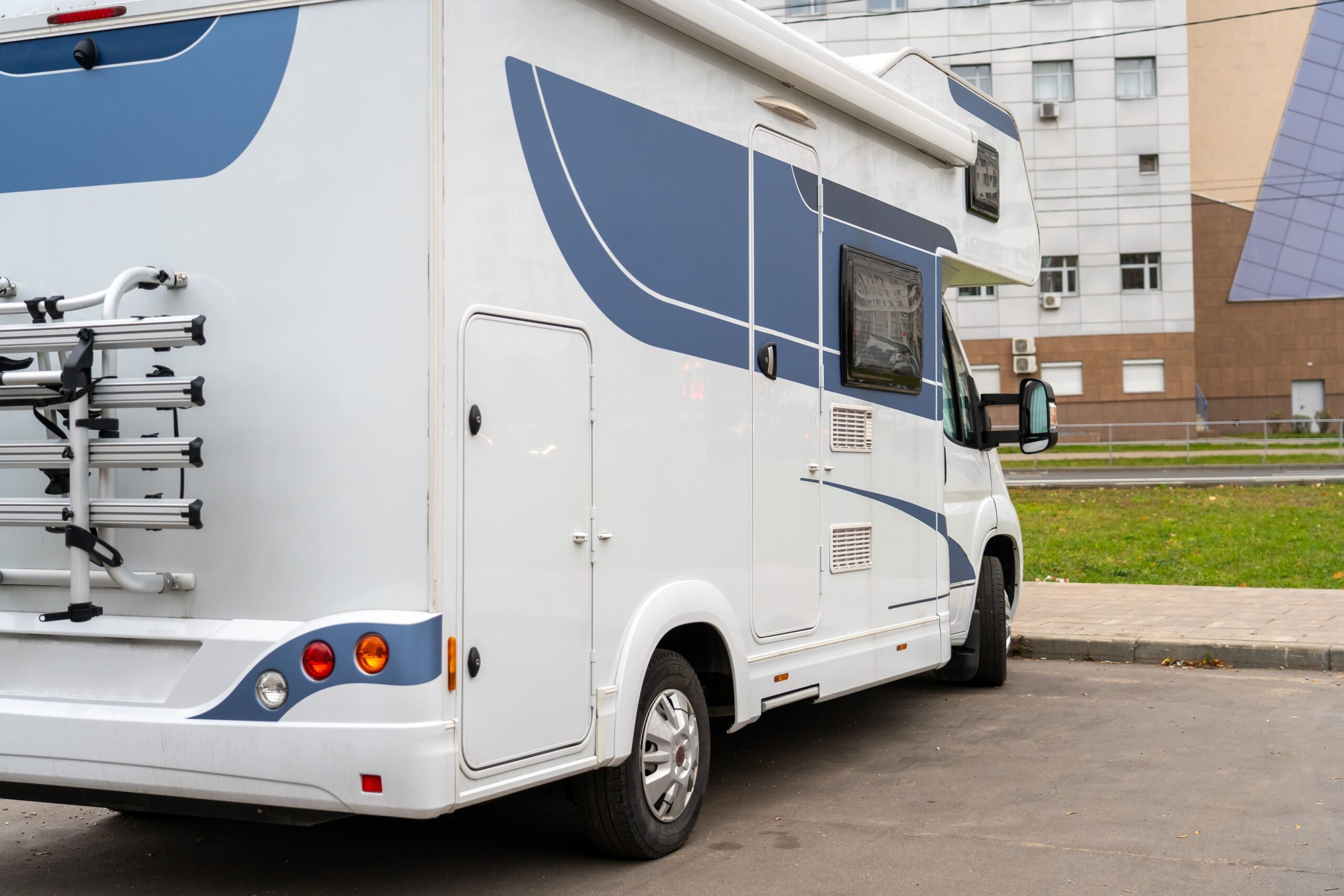A version of this blog article was previously published in 2024 – but there has since been changes to the regulations, which have now been reflected in this updated version.
To navigate the UK’s parking regulations for motorhomes and campervans, it’s important that you’ve got a clear understanding of legal requirements and best practices. Here, we’ll give you an overview of where you can park your motorhome or campervan, the associated legalities and the recommended etiquette to ensure a harmonious experience for all.
Chief amongst these things are the parking regulations and restrictions in force in the UK. It’s highly unlikely that you can just rock up somewhere and park there for days on end. There may be local rules and regulations which you must stick to (on top of those already supplied in the Highway Code).




